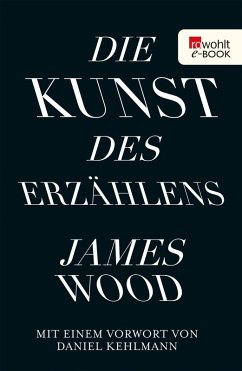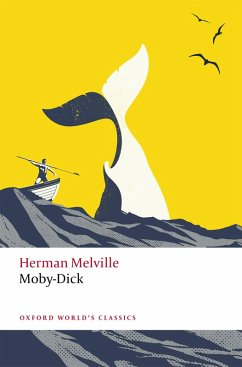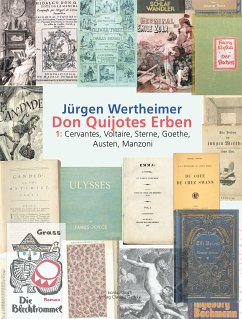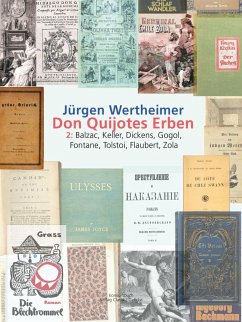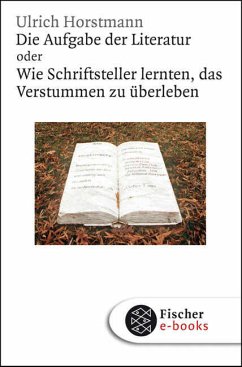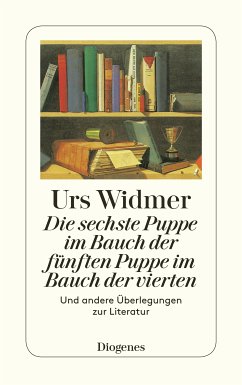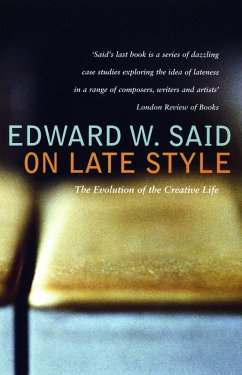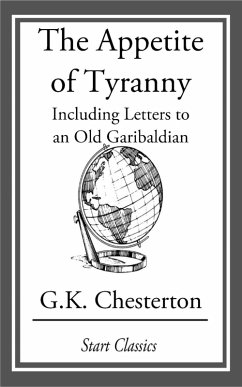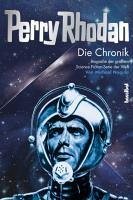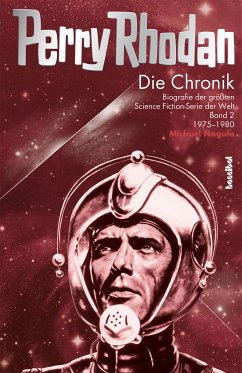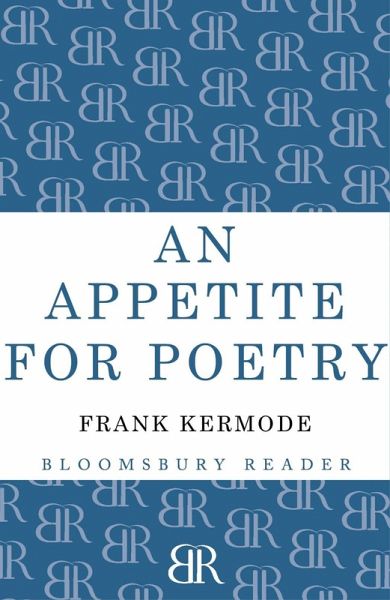
An Appetite for Poetry (eBook, ePUB)

PAYBACK Punkte
2 °P sammeln!
Frank Kermode is one of the pre-eminent practitioners of the art of criticism in the English speaking world. It has been his distinction to make a virtue - as all the best critics have done - of the necessarily occasional nature of his profession. That virtue is evident on every page of this collection of essays. In one group of essays he asks the reader to share his pleasure in a number of major writers - Milton, T.S. Eliot, Wallace Stevens. In another, he discusses ideas about problems in biblical criticism and their implications for the study of narrative in particular and the interpretatio...
Frank Kermode is one of the pre-eminent practitioners of the art of criticism in the English speaking world. It has been his distinction to make a virtue - as all the best critics have done - of the necessarily occasional nature of his profession. That virtue is evident on every page of this collection of essays. In one group of essays he asks the reader to share his pleasure in a number of major writers - Milton, T.S. Eliot, Wallace Stevens. In another, he discusses ideas about problems in biblical criticism and their implications for the study of narrative in particular and the interpretation of secular literary texts in general. In them he gives clear accounts of questions relating to interpretation and the debate about canons. A key essay looks at the career of William Empson, a career lived between literature and criticism, between the pleasure of the text and the delight in conceptual issues which is characteristic of so much of the contemporary taste for theory. It is Empson's career, perhaps, which is the foundation for the polemical prologue to the book, where Kermode challenges those who doubt the possibility (and the necessity) of the cross-over between literature and criticism, and who argue that criticism is mere appreciation, mere connoisseurship, that theory has displaced criticism and has left literature in the dust, that theory is the avant-garde of critical thought. This piece defines the author's position in the debate about literature and value.




